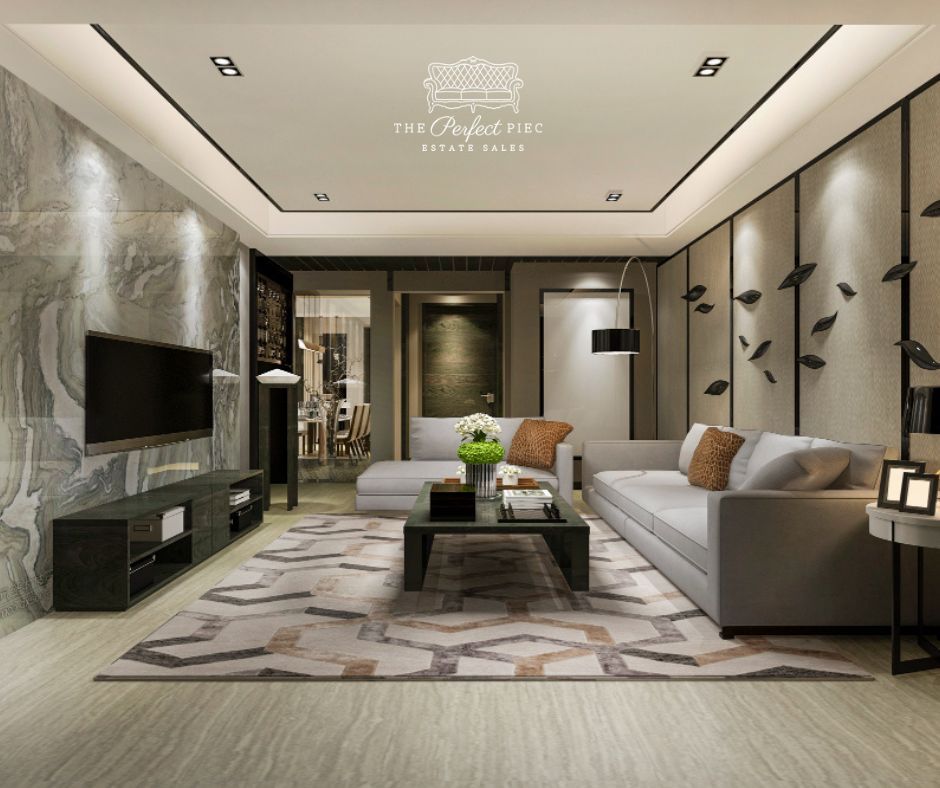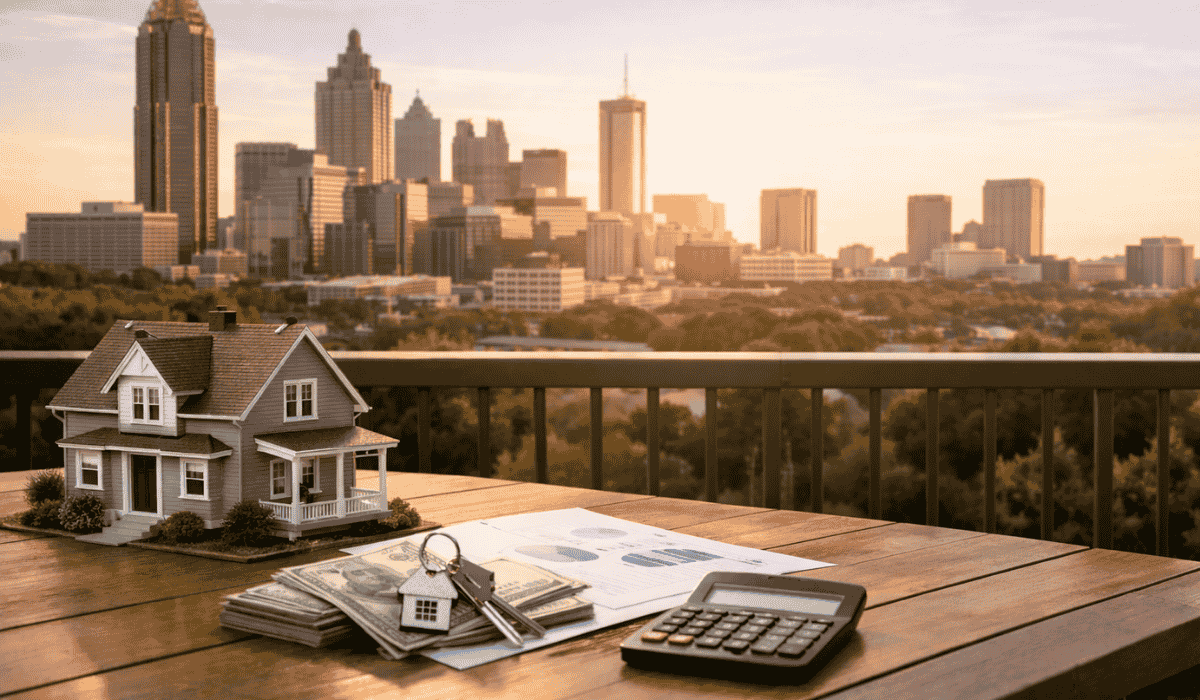Interior Design 101: Transforming Your Space with Expert Guidance
Interior design is a powerful tool for transforming any space into a harmonious blend of functionality, aesthetics, and personality.
Whether you’re revamping your home, office, or commercial establishment, seeking expert guidance can elevate your design journey.
In this article, we delve into the fundamentals of interior design and explore how professional guidance can make a significant difference in achieving your desired outcomes.
Understanding Interior Design:
At its core, interior design is the art and science of enhancing interior spaces to achieve a more aesthetically pleasing and functional environment.
It involves a careful balance of various elements such as color, texture, lighting, furniture, and accessories to create cohesive and inviting spaces.
The design process typically begins with a thorough assessment of the space, including its dimensions, layout, architectural features, and existing elements.
This initial step helps designers understand the space’s potential and identify any challenges or opportunities for improvement.
Once the assessment is complete, designers work closely with clients to establish goals, preferences, and budget constraints.
Clear communication and collaboration are essential during this phase to ensure that the final design reflects the client’s vision and meets their specific needs.
Critical Principles of Interior Design:

Several fundamental principles guide the practice of interior design, including:
Balance: Achieving visual equilibrium by distributing elements evenly throughout the space.
Proportion and Scale: Ensuring that furniture and decor are appropriately sized in relation to the room’s dimensions.
Harmony and Unity: Creating a cohesive and harmonious look by coordinating colors, patterns, and textures.
Contrast: Introducing variation and interest through the juxtaposition of different elements, such as light and dark tones or smooth and rough textures.
Emphasis: Highlighting focal points or critical features to draw attention and create visual interest.
Functionality: Designing spaces that are both practical and comfortable to inhabit, taking into account the needs and lifestyle of the occupants.
The Role of Expert Guidance:
While many people have a natural sense of style and aesthetics, transforming a space requires more than just a good eye for design.
Professional interior designers bring a wealth of knowledge, expertise, and resources to the table, making them invaluable partners in the design process.
Here are some ways in which expert guidance can enhance your interior design experience:
Creative Vision:
Experienced designers have a keen eye for detail and a deep understanding of design principles, allowing them to envision innovative solutions that maximize your space’s potential.
Industry Insight:
Design trends and materials are constantly evolving, and keeping up with the latest innovations can be overwhelming for the average homeowner.
Interior designers stay abreast of industry developments and can recommend cutting-edge products and techniques to enhance your project.
Budget Management:
Designing within a budget requires careful planning and resource allocation.
Professional designers can help you prioritize your spending, source cost-effective materials, and avoid unnecessary expenses, ultimately saving you time and money in the long run.
Project Coordination: Interior designers act as project managers, overseeing every aspect of a design project, from hiring contractors and managing timelines to overseeing installations and inspections.
Personalization:
Your home should be a reflection of your unique personality and lifestyle.
Professional designers take the time to understand your tastes, preferences, and aspirations, tailoring their recommendations to suit your individual needs and desires.
Quality Assurance:
Professional interior designers have access to a network of trusted suppliers, craftsmen, and artisans who deliver high-quality materials and artistry.
By leveraging their industry connections, designers can ensure that every aspect of your project meets the highest standards of quality and craftsmanship.
Problem Solving:
Design projects often encounter unexpected challenges, such as structural limitations, zoning regulations, or budget constraints.
Experienced designers are adept at navigating these obstacles, finding creative solutions , and adapting the design to meet evolving needs and circumstances.
Stress Reduction:
Undertaking a design project can be daunting, especially for those with busy schedules or limited experience in interior design.
Entrusting your project to a professional designer can alleviate stress and enjoy peace of mind, knowing that your vision is in capable hands.
Long-Term Value:
Investing in professional interior design yields long-term benefits by enhancing the functionality, aesthetics, and resale value of your property.
A well-designed space not only improves your quality of life but also attracts potential buyers and adds value to your investment.
Continued Support:
The relationship between a client and their interior designer doesn’t end when the project is completed.
Many designers offer post-project support, such as maintenance advice, furniture rearrangement, or seasonal updates, ensuring that your space remains fresh, functional, and inviting for years to come.
Conclusion:
Interior design is a multifaceted discipline that requires careful planning, creativity, and attention to detail.
While DIY projects can be rewarding, seeking expert guidance can take your design journey to new heights, resulting in spaces that are not only beautiful but also functional, comfortable, and tailored to your lifestyle.
Whether you’re embarking on a small-scale renovation or a complete home makeover, partnering with a professional interior designer can make all the difference in achieving your design goals.
Ready to elevate your space? Contact us at The Perfect Piece Atlanta to begin your design transformation today!
FAQs
What is interior design?
Interior design is the art and science of enhancing interior spaces to achieve a more aesthetically pleasing and functional environment. It involves balancing various elements such as color, texture, lighting, furniture, and accessories to create cohesive and inviting spaces.
What are the fundamental principles of interior design?
- Balance: Achieving visual equilibrium by distributing elements evenly throughout the space.
- Proportion and Scale: Ensuring that furniture and decor are appropriately sized in relation to the room’s dimensions.
- Harmony and Unity: Creating a cohesive and harmonious look by coordinating colors, patterns, and textures.
- Contrast: Introducing variation and interest through the juxtaposition of different elements.
- Emphasis: Highlighting focal points or critical features to draw attention and create visual interest.
- Functionality: Designing spaces that are practical and comfortable to inhabit, considering the needs and lifestyle of the occupants.
Why should I seek expert guidance for my interior design project?
Expert guidance from professional interior designers can:
- Provide creative vision and innovative solutions tailored to your space.
- Offer industry insight on the latest trends, materials, and techniques.
- Assist with budget management, resource allocation, and cost-effective solutions.
- Coordinate the project from start to finish, ensuring smooth execution and timely completion.
- Personalize the design to reflect your unique personality and lifestyle.
- Ensure quality assurance through trusted suppliers and artisans.
- Navigate challenges and find creative solutions to unexpected obstacles.
- Reduce stress by entrusting the project to capable hands.
- Add long-term value to your property through enhanced functionality, aesthetics, and resale potential.
- Provide continued support post-project, such as maintenance advice and updates.
How do interior designers work with clients?
Interior designers typically begin by assessing the space and discussing the client’s goals, preferences, and budget constraints. Clear communication and collaboration are essential throughout the design process to ensure that the outcome aligns with the client’s vision and meets their specific needs.
What are the benefits of hiring an interior designer within a budget?
Hiring an interior designer within a budget can help prioritize spending, source cost-effective materials, and avoid unnecessary expenses. Designers have the expertise to maximize the value of your investment while delivering a high-quality design that meets your financial constraints.
How do interior designers stay updated with industry trends?
Interior designers stay abreast of industry developments through ongoing education, networking, attending trade shows, and collaborating with other professionals in the field. They continuously research and explore new materials, technologies, and design trends to offer clients the latest innovations in interior design.
Can interior designers work with existing furnishings and decor?
Yes, interior designers can work with existing furnishings and decor, incorporating them into the overall design scheme or recommending updates and enhancements as needed. They can help clients make the most of their existing pieces while ensuring a cohesive and harmonious look in the space.
How do I choose the right interior designer for my project?
When choosing an interior designer, consider their portfolio, experience, communication style, and compatibility with your vision and personality. Schedule consultations with multiple designers to discuss your project goals and evaluate their approach and expertise before making a decision.
What should I expect during the interior design process?
The interior design process typically involves several stages, including initial consultation, space planning, concept development, design presentation, sourcing materials and furnishings, project coordination, installation, and final walkthrough. Your designer will guide you through each step, ensuring a seamless and enjoyable experience.
How can I maintain my newly designed space over time?
To maintain your newly designed space, follow any maintenance recommendations provided by your designer and address any issues promptly. Consider periodic updates or seasonal changes to keep the space fresh and inviting. Your designer may offer post-project support, such as furniture rearrangement or seasonal updates, to help you maintain the integrity of the design over time.
The post Interior Design 101: Transforming Your Space with Expert Guidance appeared first on Perfect Piece.












